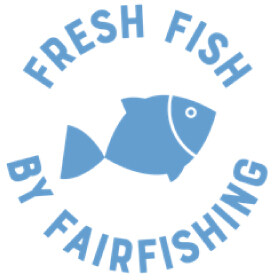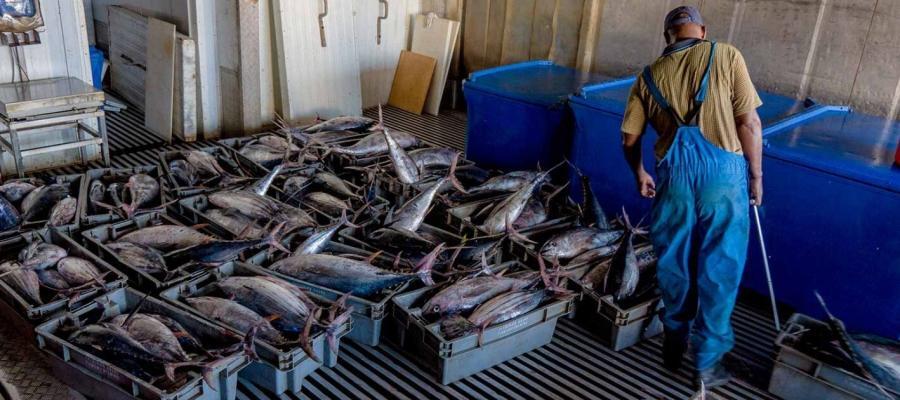Interview with
Mr. Per Gullestrup
Board Member
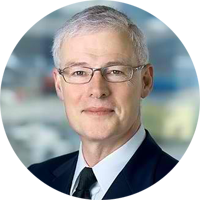
Per, I came across your name recently thanks to a post on LinkedIn, but you are already widely renowned in the shipping business. For starters, could you elaborate a bit for our readers about your background and career in shipping?
I started as a trainee at A.P. Moller in August 1972 and in 1978 I had a short stint with Dansk Fransk D/S. After that, I was invited to join Armada Shipping that October, where I spent the remainder of my career in shipping. Armada subsequently split into Armada and Clipper, and I stayed with the latter. I became part of the executive management in 1991 and a partner in 2002. Ten years later, I decided to retire from my last position at Clipper in 2012 to concentrate on numerous other interests.
What made you choose a career in shipping in the first place?
Honestly, I did not choose a career in shipping, my mother did! I was tired of school and really didn’t know what I wanted to do, other than I wanted it to be business related.
My mother helped me draft an application for a traineeship at A.P. Moller. I was then called for an interview and the rest is history. Having said that though, I have always enjoyed the shipping industry and have never, even for a minute, regretted that this was my chosen path.
Most of us involved in breakbulk and project cargo shipping are aware of the piracy situation around the Horn of Africa (and elsewhere). Can you tell us about your own hands-on experience regarding this matter? Also, can you enlighten our readers on whether it made you, as a shipping professional, consider new means and ways to remedy some of the root causes of piracy?
Clipper was unfortunate enough to have vessel highjacked in 2008, which I had to deal with, being responsible for our technical organisation at the time. It is not something you are prepared for, having to learn how to deal with that on the job. After this, we decided to take an active role in dealing with the pervasive piracy problem on the Somali coast. This involved dealing with it at the political establishment at the national (Danish) and international level. Denmark took a leading role in this effort, not least as a result of the input from Danish shipowners. In my view we all have a responsibility for addressing issues that affect the industry, as we cannot expect that someone else will do it.
The Danish shipping industry decided to address the root causes of piracy, i.e. the lack of gainful employment, the failed state in Somalia etc. by supporting Save the Children’s program for vocational training in Somalia.

You are a board member of Fair Fishing. Can you please tell us about the purpose of Fair Fishing? There are many organisations out there that profess to help people and countries in need, so what makes Fair Fishing different?
Fair Fishing was a natural extension of the Save the Children program, offering meaningful employment in Somalia. There was a small fishing sector in Somalia, or rather Somaliland, but they lacked basic infrastructure such as ice and cold storage. We decided to make a proof of concept, whereby we would set up a basic infrastructure, which we did by using reefer containers supplied by Maersk, as well as numerous in-kind donations from various industrial partners, in and outside Denmark.
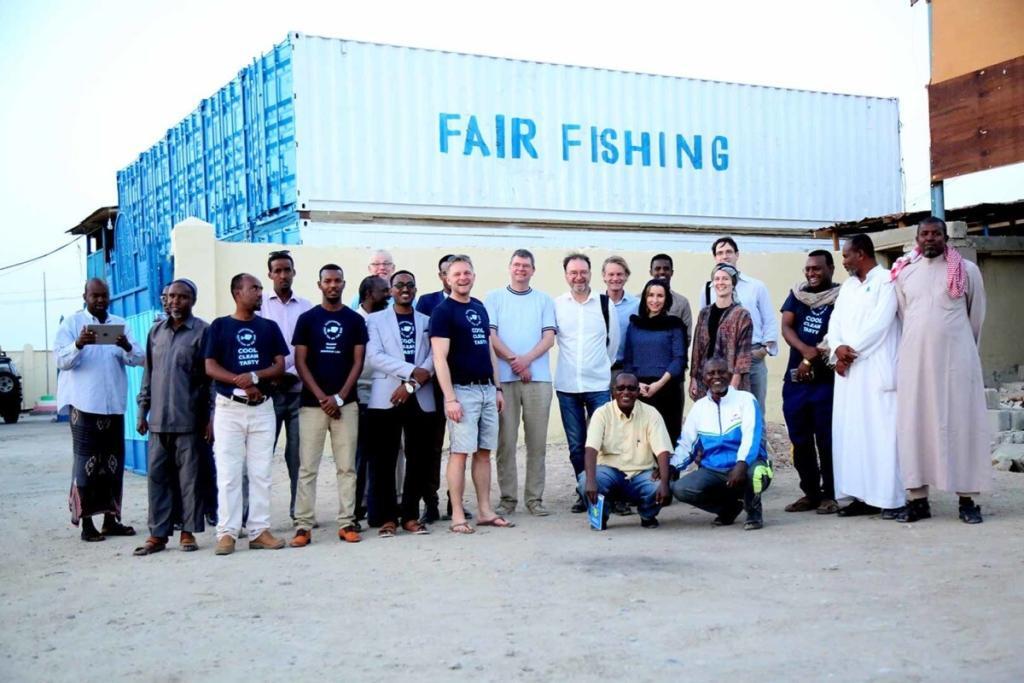
We also bought an industrial ice machine to supply ice to the local fishermen before they went out fishing. As this was an entirely private initiative, we were not hampered by the typical NGO approach or limitations and we were only responsible to ourselves. This enabled us to establish proof of concept within twelve months of starting up in Somalia.
This is where Fair Fishing is very different; the distance from thought to action is very short and efficient.
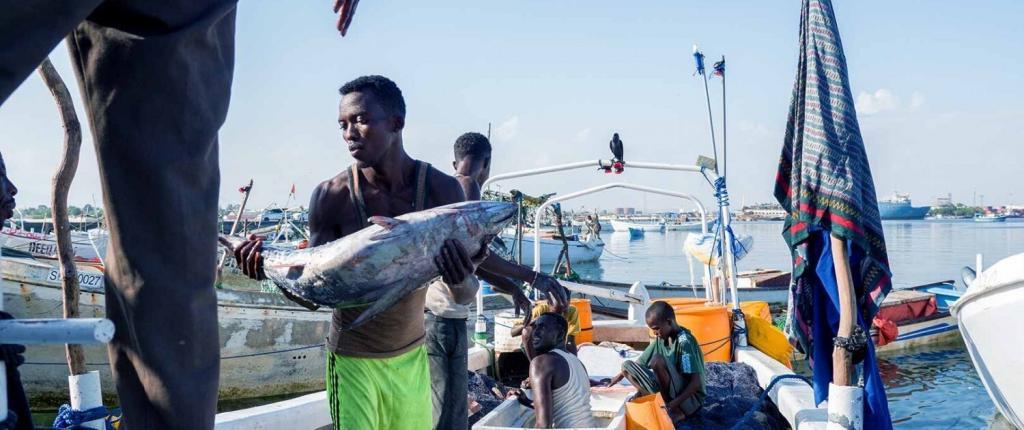
How can people donate?
Donations can be made via fairfishing.org
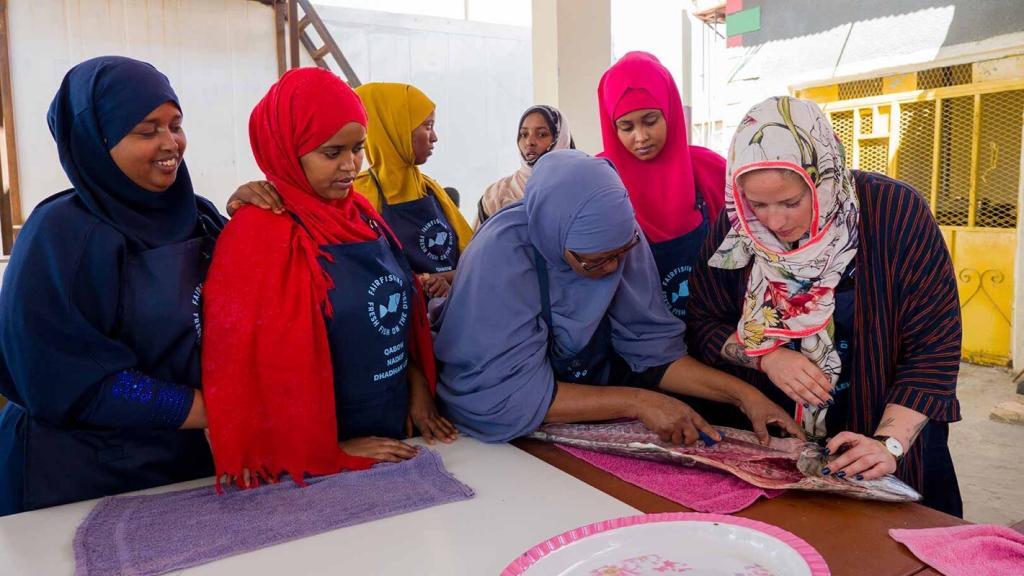
Where are the offices of Fair Fishing located and where do you have your representatives?
The Fair Fishing secretariat is in Copenhagen, however the day-to-day operations run entirely in Somaliland and Puntland. It’s run by Somalis for Somalis!
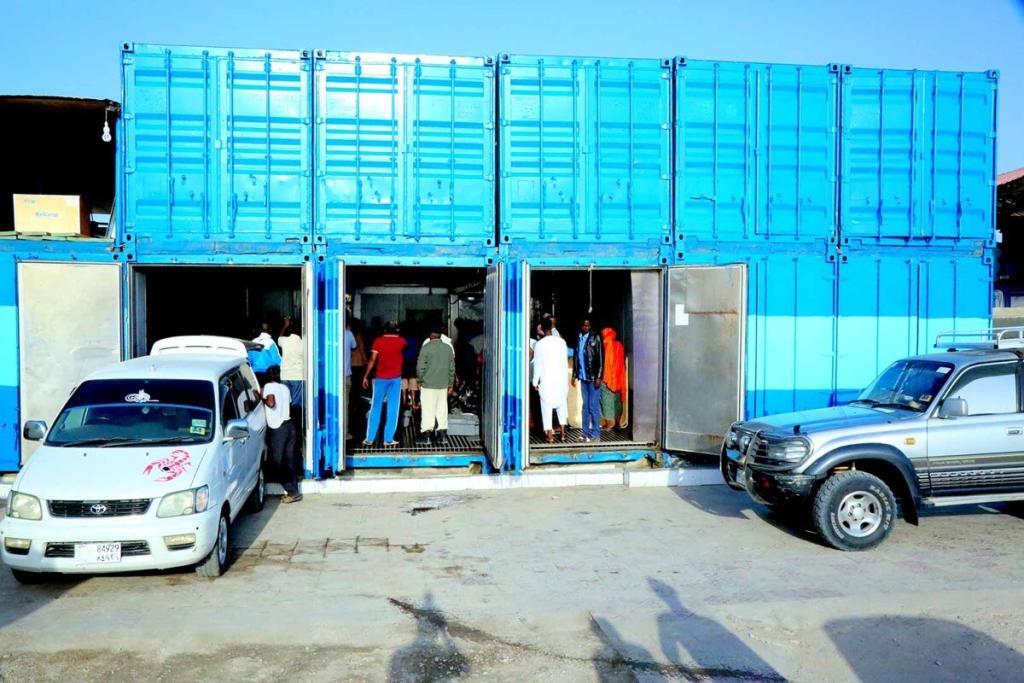
What’s the best way to get in touch with you or your colleagues to learn more about Fair Fishing?
Please feel free to contact the secretariat in Copenhagen.
Finally, Per, have you totally left the shipping business? Generally the saying is ‘once in shipping, always in shipping’. Is that true for you as well?
I am no longer involved in the commercial side of shipping. However, I am the chairman of the board of trustees at ISWAN: https://www.seafarerswelfare.org/
ISWAN is doing a great job in supporting our colleagues at sea, not least through a 24/7 helpline that is available to all seafarers.
